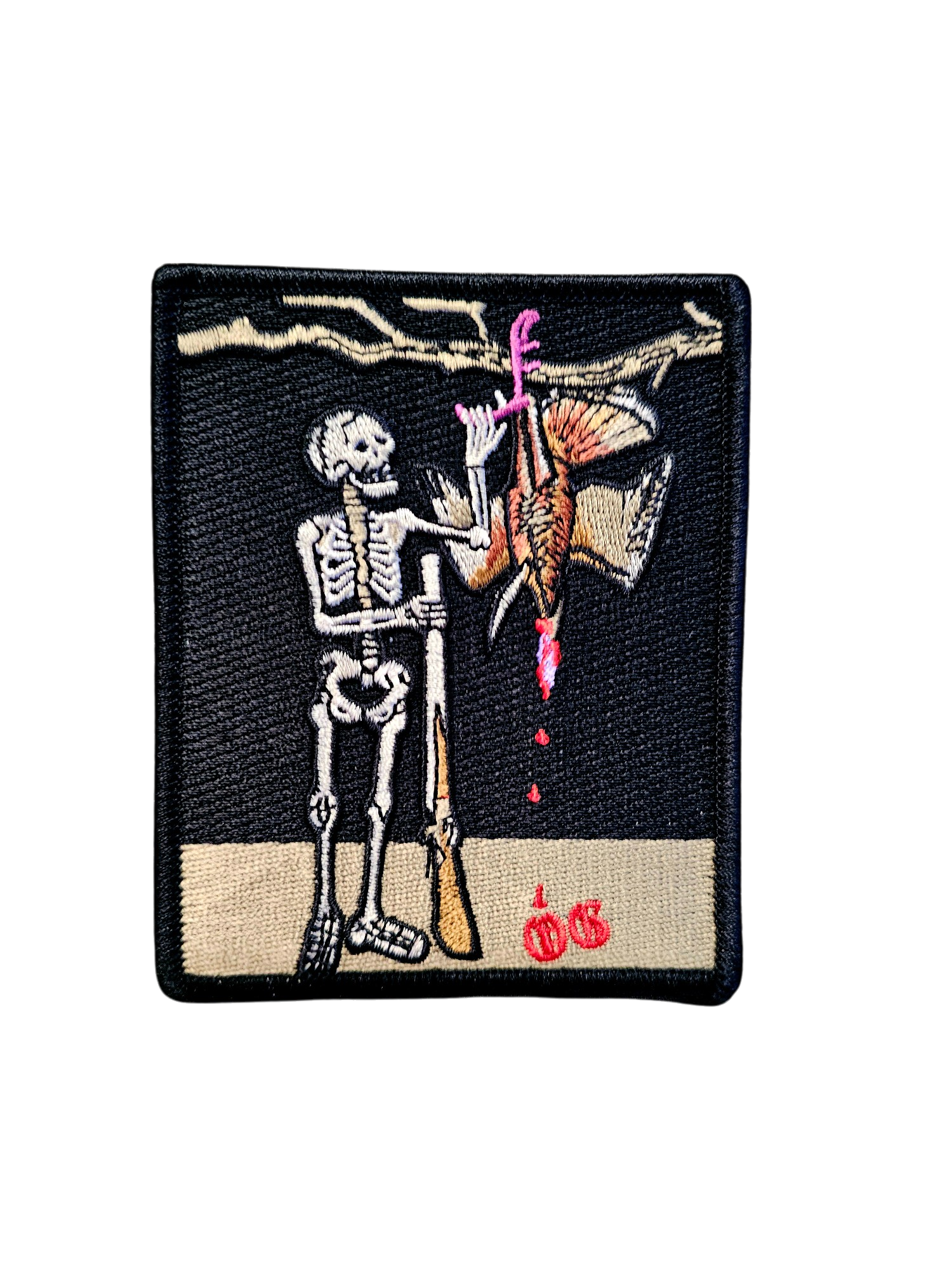        |
What area of Turkey Hunting do you emphasize?Started by kjcamper, May 15, 2016, 07:19:02 PM Previous topic - Next topic
User actions
|
        |
What area of Turkey Hunting do you emphasize?Started by kjcamper, May 15, 2016, 07:19:02 PM Previous topic - Next topic
User actions
|